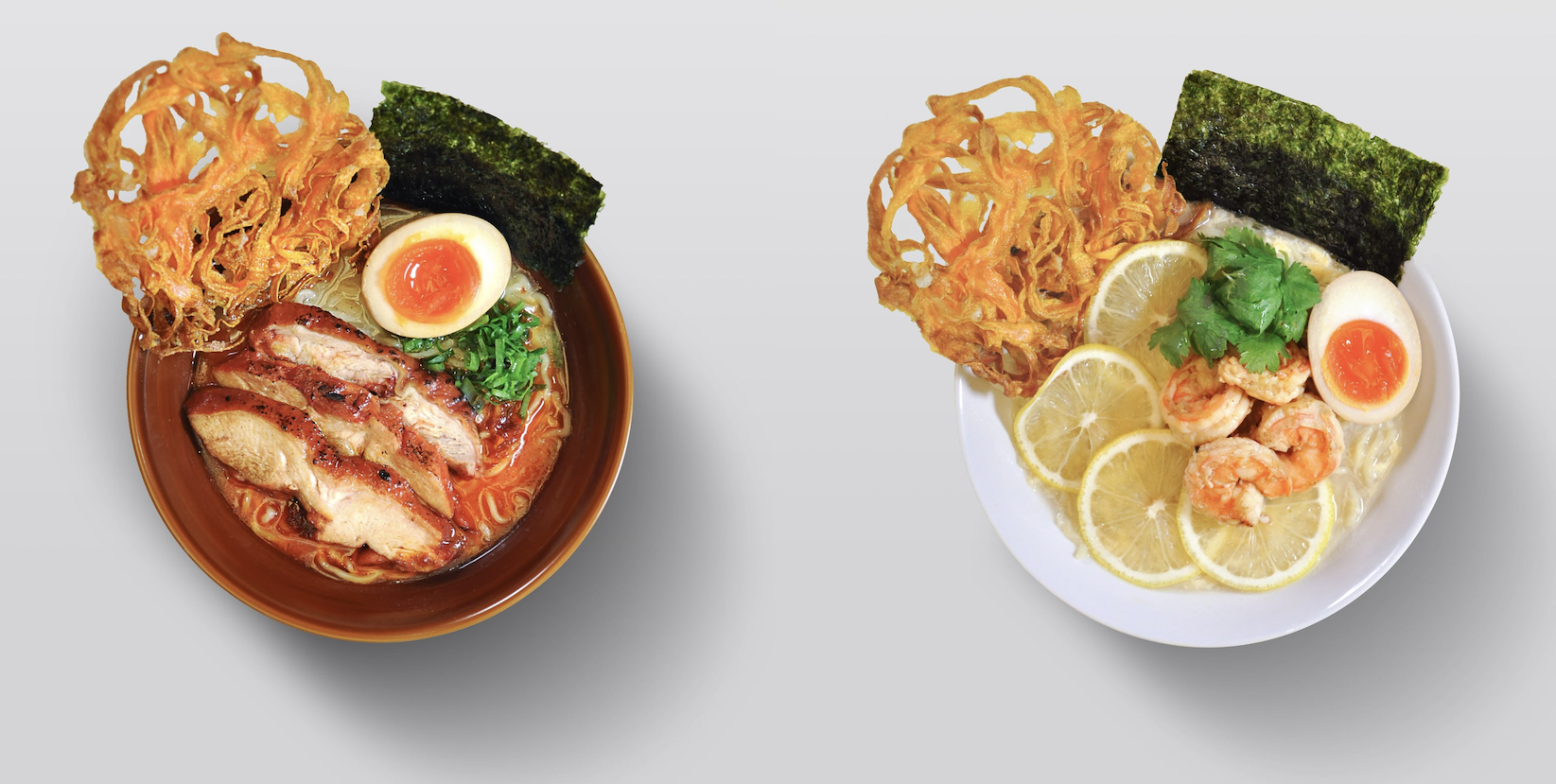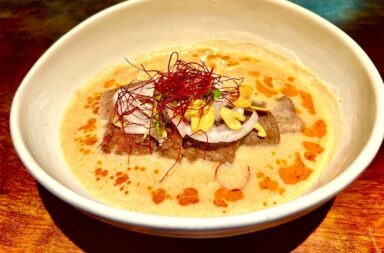This post is also available in: 日本語 Indonesia
Halal Japanese Ramen: Ippudo’s First Halal Shop to Open in Indonesia
Great news for halal ramen lovers!
Chikaranomoto Holdings, the company behind world-famous ramen brand Ippudo — has announced plans to open its first-ever halal-certified ramen shop in Indonesia. The first location is expected to open as early as September 2025 near Jakarta, the nation’s capital.
While the final store name has not yet been confirmed, this marks a historic step for the company, which has opened ramen shops across the globe but never a fully halal-focused branch — until now.

Serving the World’s Largest Muslim Population
Indonesia, with a population of approximately 280 million people, is home to the world’s largest Muslim population — nearly 87% of the country practices Islam (according to Japan’s Ministry of Foreign Affairs).
In Indonesia’s vibrant food culture, sharing meals with family and friends plays a central role, and dining out has become a daily norm, especially in urban centers. Meanwhile, Japanese cuisine has seen soaring popularity among Indonesian diners, with a growing number of ramen shops, sushi restaurants, udon spots, and more opening across the country.
However, the demand for halal Japanese restaurants continues to rise as Muslim consumers seek assurance that the food they enjoy aligns with their dietary guidelines.
Chikaranomoto’s new halal ramen shop aims to fill this gap by offering authentic Japanese ramen without using haram ingredients such as pork or alcohol-based ingredients, making it fully compliant with Islamic dietary laws.
A New Challenge: Authentic and Halal Japanese Ramen
In Japan, Ippudo famous for its rich and creamy tonkotsu (pork bone) broth and now, Ippudo faces an exciting challenge as it develops a new ramen recipe specifically designed for halal meal.
While details about the menu are still under development, expectations are high that the shop will offer a uniquely crafted broth and toppings that stay true to Ippudo’s ramen quality while being fully halal-compliant.
This innovative step reflects a growing trend in Japan’s global food industry: the drive to adapt Japanese culinary culture for diverse international markets without sacrificing authenticity.


